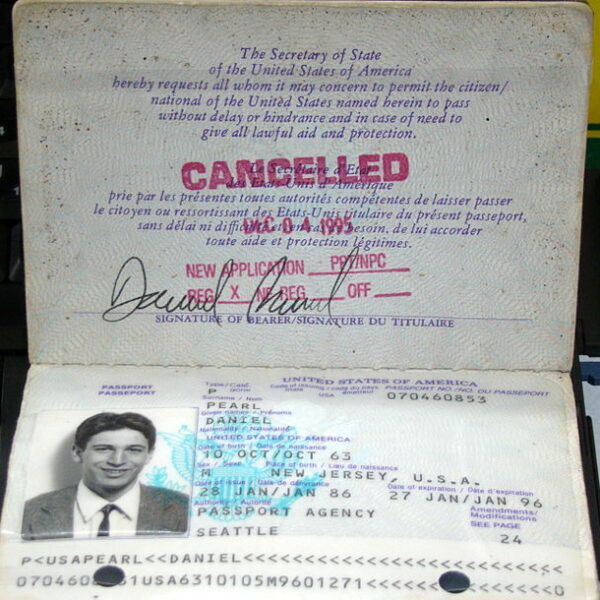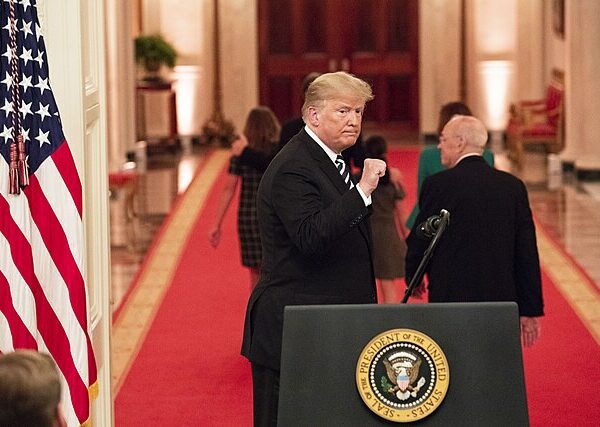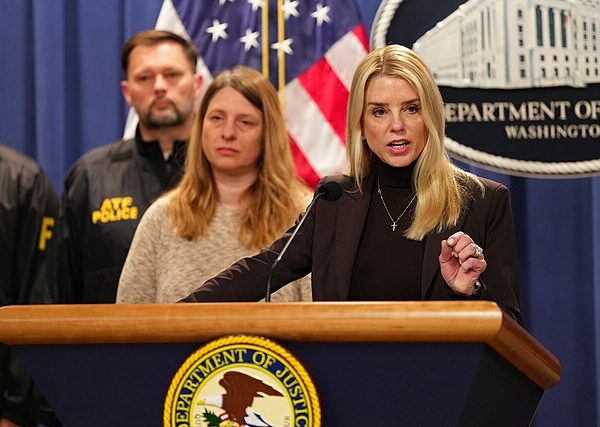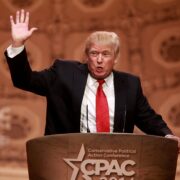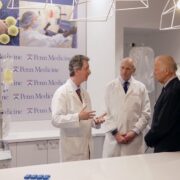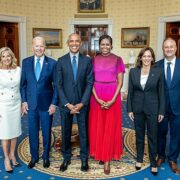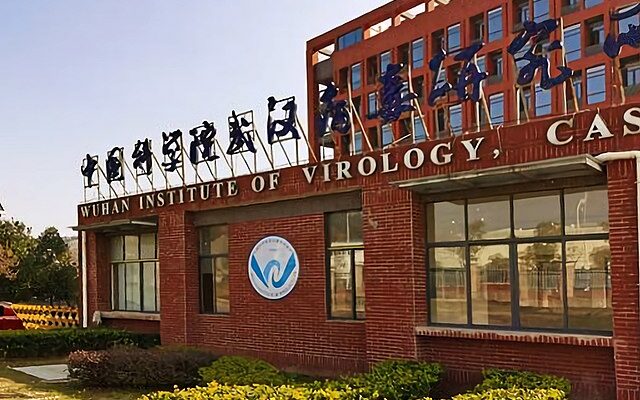
The obvious has now been revealed with Donald Trump back in the White House. Over the weekend, the Central Intelligence Agency updated its position on the origins of the Covid-19 pandemic, favoring the likelihood that the virus emerged from a laboratory accident in Wuhan, China.
The announcement comes not due to new evidence but from Democrats no longer being the only ones reading the evidence, according to multiple reports.
The New York Times writes that there is no new intelligence behind the agency’s shift, officials said. Rather it is based on the same evidence it has been chewing over for months.
The analysis, however, is based in part on a closer look at the conditions in the high security labs in Wuhan province before the pandemic outbreak, according to people familiar with the agency’s work.
A spokeswoman for the agency said the other theory remains plausible and that the agency will continue to evaluate any available credible new intelligence reporting.
Some American officials say the debate matters little: The Chinese government failed to either regulate its markets or oversee its labs. But others argue it is an important intelligence and scientific question.
Who could have guessed that the coronavirus from a coronavirus lab instead of a random person eating pangolin and bat stew?
jon stewart on the wuhan lab leak will forever be one of the best late night moments ever pic.twitter.com/iXRl25fRQO
— Ashley St. Clair (@stclairashley) June 21, 2024
The shift in the CIA’s perspective comes as debate intensifies over the geopolitical implications of Covid-19’s origins, particularly for US-China relations. John Ratcliffe, the new CIA director, has long supported the lab leak theory, describing it as a critical intelligence matter with substantial geopolitical stakes. Ratcliffe has also criticized what he sees as the intelligence community’s previous hesitancy to fully investigate the lab leak hypothesis.
Under the Biden administration, a broader review of intelligence leaned toward the natural origins theory, supported by five agencies, including the National Intelligence Council. However, like the CIA’s current stance, this conclusion was reached with low confidence. Meanwhile, the FBI and Department of Energy have previously assessed that a lab leak was more likely, although their conclusions differ on which specific Wuhan laboratory may have been involved.
The origins of Covid-19 remain one of the most contested political questions that came out of the pandemic. Intelligence officials have expressed doubt that definitive evidence exists, pointing to the possibility that critical information is inaccessible due to its potential concealment within Chinese government or laboratory records. Some analysts argue that scientific discoveries—such as identifying a precursor virus in animals or uncovering a direct connection to lab research—may ultimately provide more clarity than intelligence efforts.
A spokesman for the Chinese Embassy in Washington, Liu Pengyu, criticized the CIA statement as an example of political manipulation, noted The Wall Street Journal. “We firmly oppose the politicization and stigmatization of the source of the virus, and once again call on everyone to respect science and stay away from conspiracy theories,” he said.
A researcher from the Wuhan Institute of Virology, Chao Shao, alleged in a 2023 interview with The Jerusalem Post that COVID-19 was engineered as a bioweapon under directives from the Chinese Communist Party (CCP). Shao claimed colleagues were tasked with identifying the most infectious virus strains, with a focus on human transmission, and suggested that researchers may have been involved in spreading the virus during the 2019 Military World Games in Wuhan. Shao also disclosed being sent to Xinjiang in 2020 to assess Uyghur prisoners’ health.
These claims followed criticism of the Biden administration for withholding intelligence on COVID-19’s origins, despite a Republican-backed law mandating declassification. Critics argue the administration’s report lacks transparency and continues to obscure details.
[Read More:


